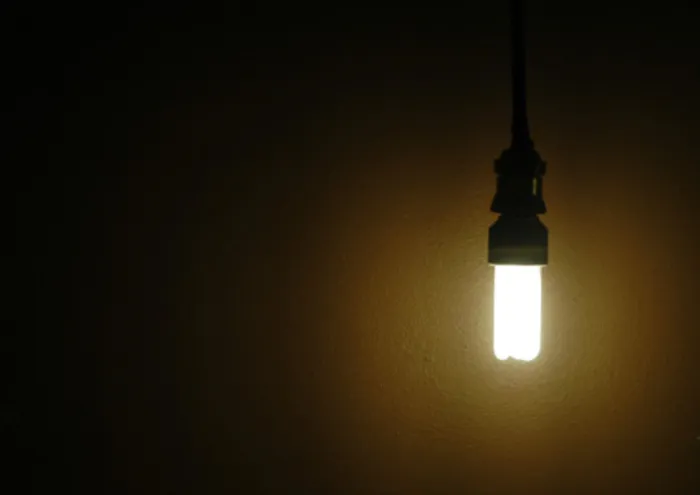Bright ideas to cut electricity use

Energy saving light bulb burns. Picture: Rogan Ward. Energy saving light bulb burns. Picture: Rogan Ward.
Consumers reeling from the electricity price increase earlier this month can do a lot to reduce their energy costs.
Adrian Goslett, chief executive of RE/MAX Southern Africa, said the easiest way to save on energy usage was to conserve the electricity used in the home.
“Homeowners may need to make a small investment initially in improving the energy efficiency of their home. However, this will pay dividends and help them to save on costs in the long term,” said Goslett.
He said consumers could seal off windows and add insulation to ceilings to retain heat and reduce the electricity needed to warm the home. Given South Africa’s climate, anything more than ceiling insulation would be unnecessary.
The geyser is probably the most energy-thirsty appliance in the home, accounting for about 40 percent of a household’s monthly electricity bill, according to Goslett. Apart from turning the geyser off when consumers are away from home for a few days, they could have the thermostat automated. Since 2008 a number of products have entered the South African market that enable consumers to keep digital control over their geyser. In other words, consumers have complete control over when the geyser is on and how hot the water gets.
When needing hot water, use the shower or tap closest to the geyser. This will use less energy because the hot water will travel through less piping, which cools down water.
Alternative methods of heating water can be explored, such as installing solar panels. Again, this may mean an initial outlay of funds but will save a lot of money over time.
Consumers should also check their refrigerators to make sure they are not too cold. Ideally, the temperature should range between 3°C and 5°C, while freezer should be around -17°C.
Other household appliances to check on include washing machines, which should be set at 30°C. Or use cold water instead. This could save as much as 40 percent of the energy used to wash clothes.
When it comes to drying clothes, hang washing on a conventional washing line rather than using a tumble dryer.
Washing machines and dishwashers should only be used once they have a full load.
Kettles, on the other hand, should have only the amount of water required – it is quicker and takes a lot less energy to heat up one cup of water for one cup of tea than it does to heat up a full kettle.
Household appliances should not be left on standby. Rather turn them off or unplug them.
Appliances are still drawing power even when they are not in use. A computer, for example, can use about 20 percent as much power as it does when it is in full use. Unplugging appliances will also protect them from possible power surges.
Goslett said many South Africans had already changed the light bulbs in their houses to CFL bulbs. If not, now was the time to do it.
Essentially, CFL light bulbs are low-energy bulbs that do not get hot when used over long periods. They are especially effective in areas where the lights are kept on for more than three hours, such as the patio, the front door or the garden.
When replacing CFL light bulbs, it is important to dispose of them at at a recycling depot because they do contain mercury.
Another small but significant way to save electricity is to put on an extra layer of clothing before using a heater. And if you must, opt for an electric blanket rather than a bedroom heater.
“With the high cost of energy and depletion of resources globally, it is imperative to find ways to curb costs as well as reduce the carbon footprint we inflict on the planet. By following these simple tips, homeowners will see the reduced cost benefits, while the environment will improve from the reduction in carbon emissions,” said Goslettt.
Eskom supplied the following information for homeowners who have swimming pools, because a pool pump can use as much as 20 percent of a household’s electricity.
* Reduce the pool pump operating time. This can be done resetting the pump control clock to activate the pump when necessary to keep the pool clean.
* Covering the pool when it is not in use will reduce water losses. A cover will also ensure the pool need not be cleaned as frequently and the pool pump can be operated less often, for example, 10 percent of the time.
* The pool’s filter should be cleaned as recommended by the manufacturer to obtain maximum efficiency. This will enable you to operate the pump for shorter periods. Use a wall brush and leaf skimmer regularly and remove foreign materials from the pool’s strainer baskets.
* Check with the supplier to establish the correct operation of the filter. Operating the filter longer than necessary can be very expensive because it wastes electricity. - Cape Argus